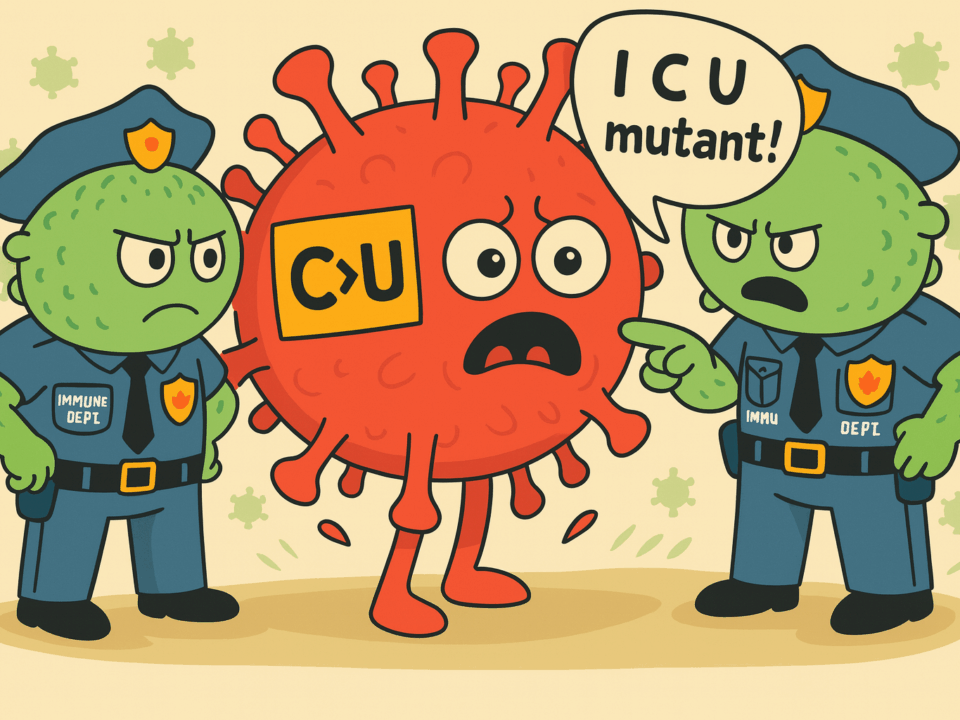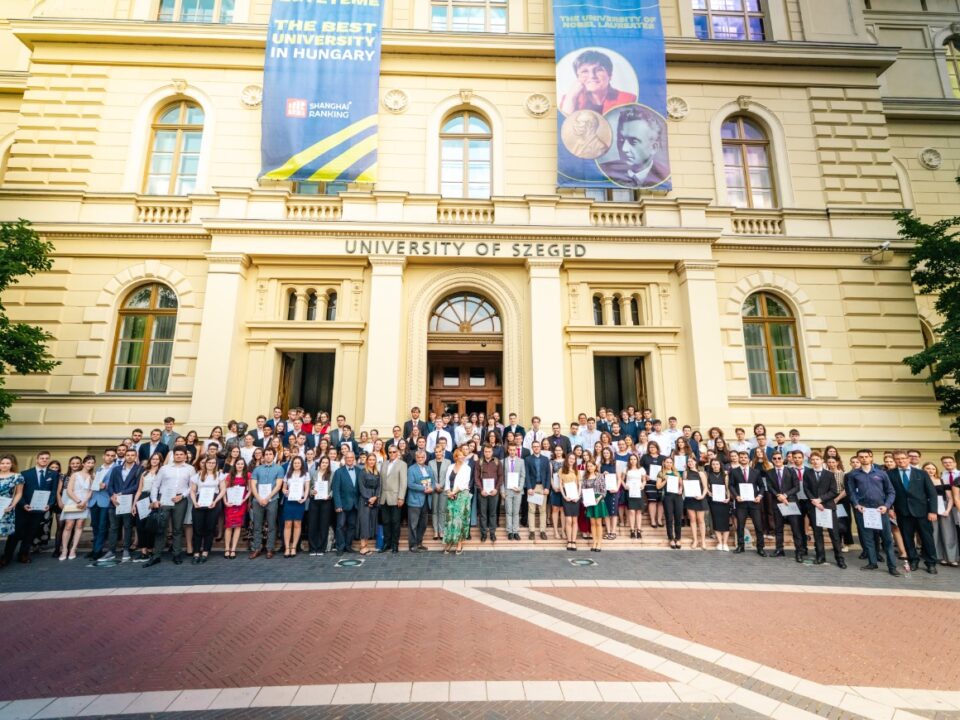
Essentially, the immune system’s primary function is to differentiate between our own harmless molecules and potentially harmful foreign ones. This distinction is largely influenced by the degree of similarity a molecule bears to those the immune system is exposed to early in life. To assess this similarity, various techniques have been developed. These techniques aim to identify immune response molecules in pathogens, tumors, and autoimmune diseases, and are critical in designing effective vaccines. However, the effectiveness of these methods varies significantly.
We have identified several factors that are either overlooked or insufficiently addressed in existing immunological studies. We discovered that the methods used to determine immunological similarity are quite diverse, leading to significant variations in results. Another key finding from our study is that the molecules recognized as unique to an individual by the immune system vary greatly and are heavily influenced by genetic diversity.
We proposed a personalized and standardized measure that incorporates a comprehensive understanding of current immunological research. This measure leverages the vast amount of data available and utilizes artificial intelligence to accurately determine molecular similarity to self molecules.
Our findings, published in the journal PNAS, offer insights that could enhance vaccine development and improve our understanding of infectious and autoimmune diseases.

This image was created with the assistance of DALL·E 3



